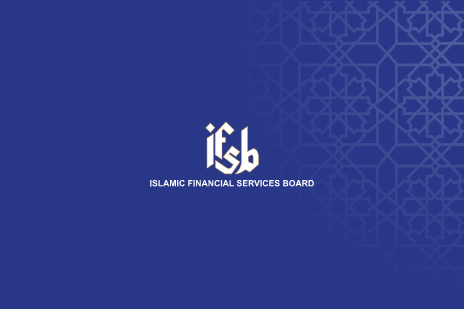November 20, 2012
@
9:00 AM
–
November 21, 2012
@
5:30 PM
This IFSB Seminar is co-organised with The World Bank and the Central Bank of Egypt. More information shall be uploaded in due course. Please email
[email protected] should you wish to register your interest to participate.
Programme – Event Session(s)
| Date |
Time |
Topics |
| Day 1
20/11/2012 |
09:00 – 09:30 |
Registration |
| 09:30 – 10:30 |
Opening and Keynote Session |
| 10:30 – 11:00 |
Coffee break and Networking |
| 11:00 – 12:30 |
Session 1 – Overview and Opportunities of the Islamic Financial Services Industry In the early phases of its development, Islamic finance was essentially domestic-centric, focusing on retail financing, trade financing and the financing of other commercial business activities. This has changed following the drive of nations to diversify the domestic financial infrastructure so as to avoid the over-dependence on the banking sector as well as to keep up with the trend towards greater liberalisation of the financial system. These factors have spurred the development of the Islamic finance and its greater integration into the international financial system. It will also give a current overview of Islamic finance, its potentials and opportunities. |
| 12:30 – 14:00 |
Lunch |
| 14:00 – 15:30 |
Session 2 – Overview of Regulatory, Legal and Operational Issues in Islamic Finance The session will highlight various operational issues faced by the Islamic financial services industry (IFSI) and factors that determine the scope of activities that they offer within the stipulated regulatory and legal environment. The speakers are expected to share their experience in managing these issues and suggest possible options to address them |
| 15:30 – 17:00 |
Session 3 – Country Experiences in Establishing Islamic Financial Services Any country which plans to establish Islamic financial services will benefit from this session as the speakers will discuss the challenges they encountered during the initial phases of introducing Islamic financial services, and how they balanced their role as the supervisor and the developer of Islamic finance. Key issues related to changes to taxation laws, property laws and trust laws and how they have been able to expedite the development of Islamic finance industry, particularly on issuances of Sukūk, will be the key topics highlighted. |
| 17:00 – 17:30 |
Coffee break and Networking |
| Day 2
21/11/2012 |
09:30 – 11:00 |
Session 4 – Exploring Sharī`ah Concepts in Financial Inclusion to Support Growth of the Economy Sharī`ah is the key pillar from which Islamic finance derives its unique characteristics. The Sharī`ah injunctions require that Islamic financial transactions be accompanied by an underlying productive activity or asset. In the wake of the global financial crisis, developing economies now need to develop strategies that effectively align the financial sector and the productivity level in the real economy. This session will concurrently discuss the role of microfinance and the financing of real estate and small and medium enterprises in this regard. Concurrent session 1: Microfinance Concurrent session 2: Housing and Real Estate Finance Concurrent session 3: Financing for Small and Medium Enterprises |
| 11:00 – 11:30 |
Coffee break and Networking |
| 11:30 – 13:00 |
Session 5 – Creating an Enabling Environment for Islamic Finance: Sharing Experiences and Lessons Learnt The future of Islamic finance will require closer regional and international inter-linkages. Supervisory authorities will find this session beneficial as the panelists from the international intergovernmental organizations will share their experiences and lessons learned in creating a conducive global environment that aims to support the development of the Islamic financial services industry. Critical infrastructure issues related to capacity building and liquidity infrastructure framework will be discussed. |
| 13:00 – 13:30 |
Closing Session |
| 13:30 – 14:30 |
Lunch ( End of Seminar) |
Downloadable Document(s)

